Scientists at Exeter University have developed a pioneering new technique that uses nanoengineering technology to incorporate graphene into traditional concrete production.
The new composite material produced is more than twice as strong and four times more water resistant than existing concretes.
Graphene-reinforced concrete also reduced the carbon footprint of conventional concrete, making it more sustainable and environmentally friendly.
Previous attempts to use nanotechnology in concrete have focused on modifying cement. The new technique suspends atomically thin graphene in water yielding concrete without defects.
Researchers say this could be scaled up to meet modern production requirements at a relatively low cost.
The research team insist the new technique could pave the way for other nanomaterials to be incorporated into concrete to improve performance.
Professor Monica Craciun, co-author of the paper and from Exeter’s engineering department, said: “This new composite material is an absolute game-changer.
“Not only is it stronger and more durable, but it is also more resistant to water, making it uniquely suitable for construction in areas which require maintenance work and are difficult to be accessed .
“Yet perhaps more importantly, by including graphene we can reduce the amount of cement required to make concrete by around 50% – leading to a significant reduction of 446kg/tonne of the carbon emissions.”
Dimitar Dimov, the lead author and also from the University, added: “This ground-breaking research is important as it can be applied to large-scale manufacturing and construction. The industry has to be modernised by incorporating not only off-site manufacturing, but innovative new materials as well.
“Finding greener ways to build is a crucial step forward in reducing carbon emissions around the world and so help protect our environment as much as possible. It is the first step, but a crucial step in the right direction to make a more sustainable construction industry for the future.”
The paper, Ultrahigh Performance nanoengineered Graphene-Concrete Composites for Multifunctional Applications, is published in the journal of Advanced Functional Materials.





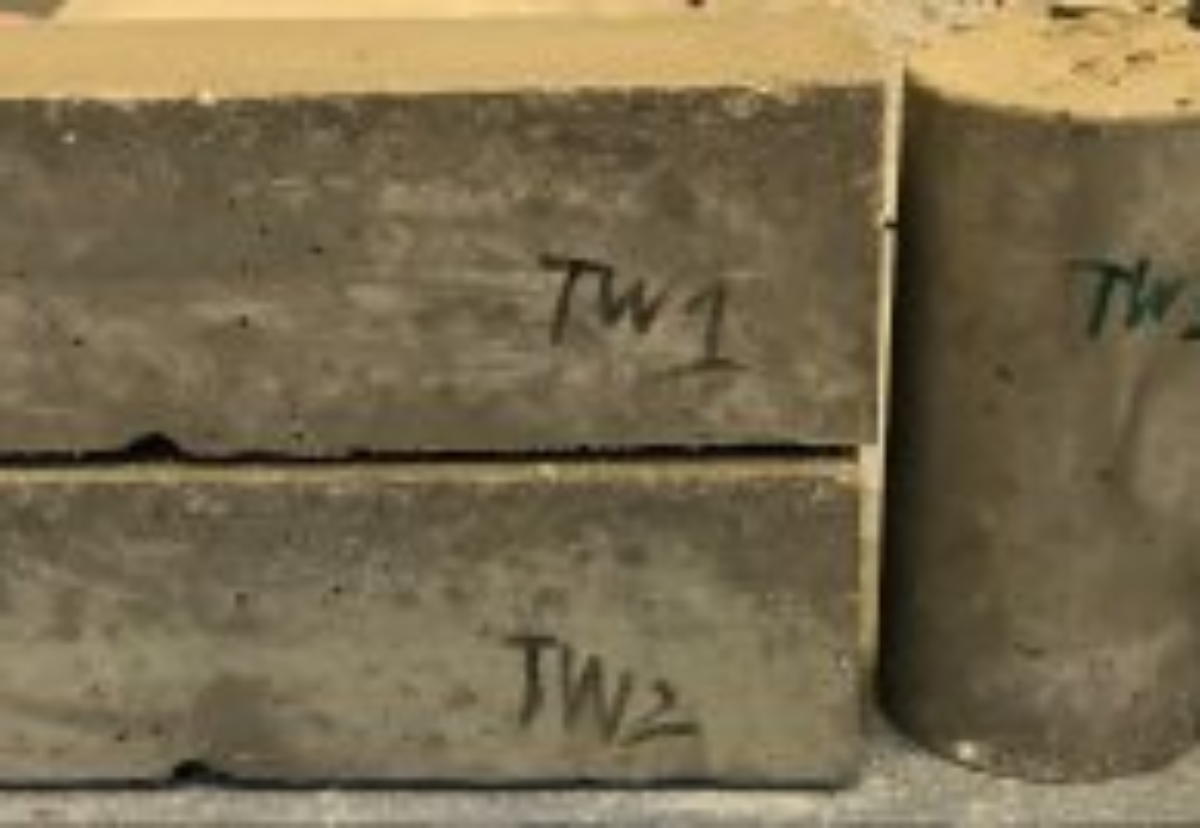







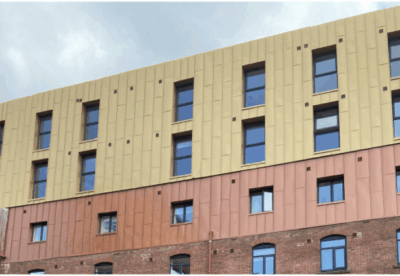














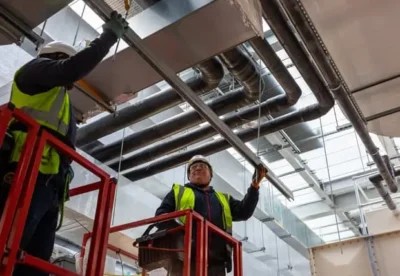


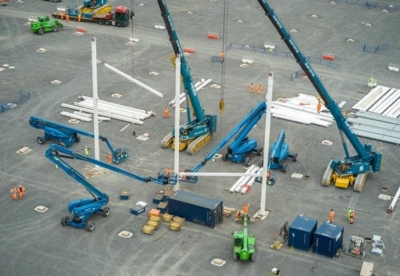





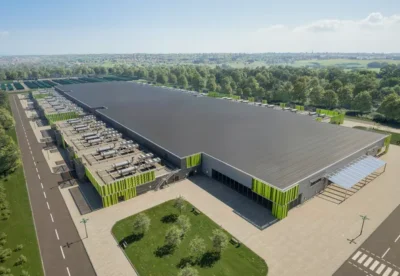












 (300 x 250 px) (2).png)




